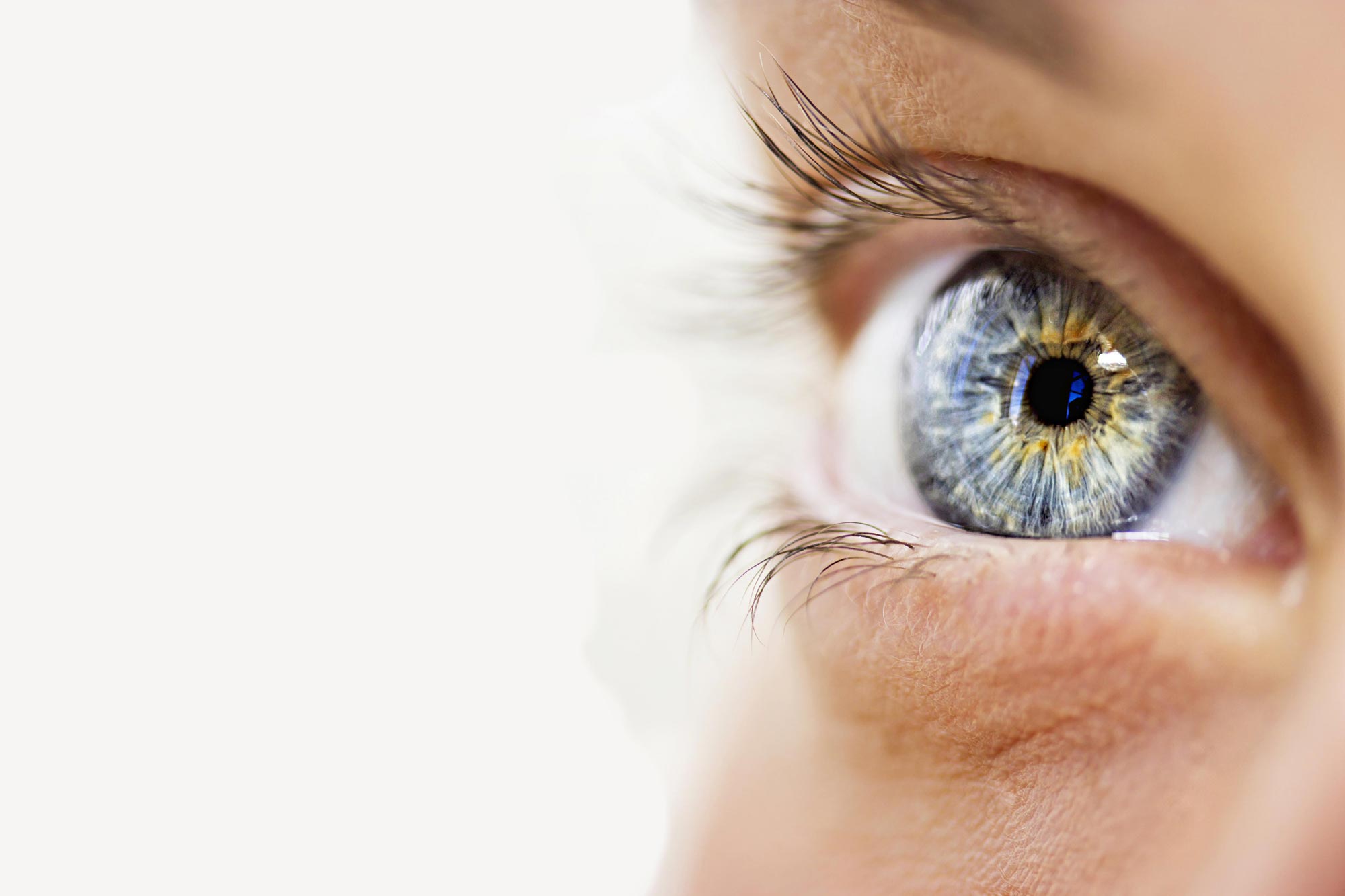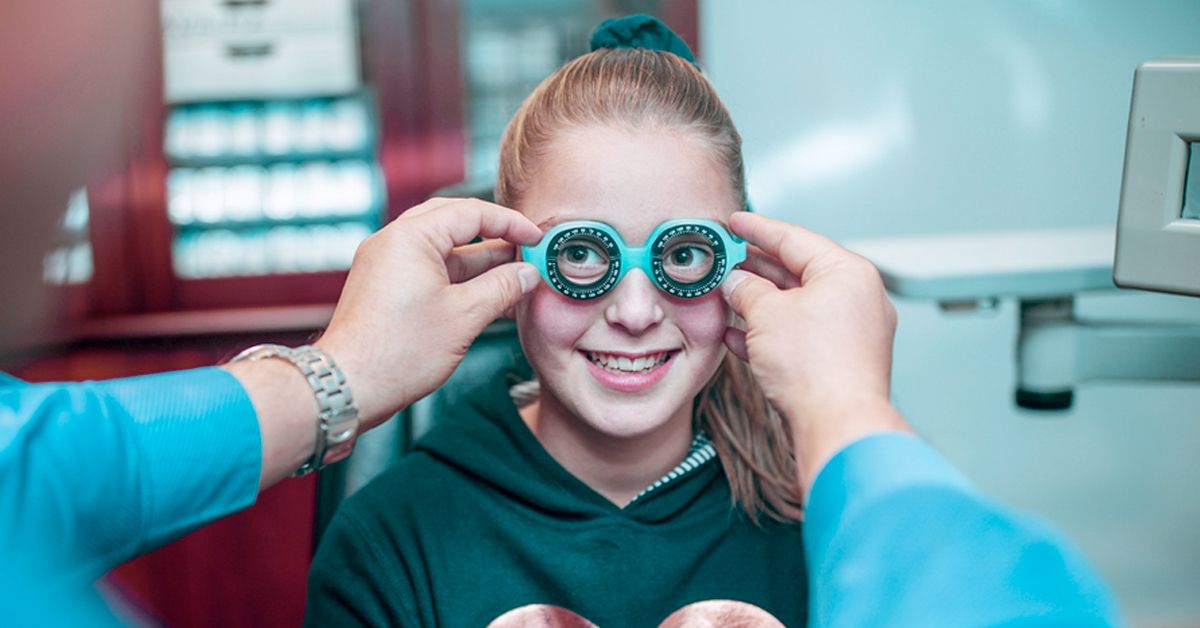The Importance of Normal Eye Examinations: Insights From an Experienced Eye Doctor
Normal eye tests offer as a crucial element of health care that extends past simple vision improvement. An experienced eye doctor can give insights right into how these analyses not only discover typical eye problems yet additionally disclose underlying health and wellness problems that may or else go undetected.
Advantages of Regular Eye Tests
Although numerous individuals might neglect the value of regular eye tests, these analyses play a critical role in preserving overall wellness and health. Routine eye assessments serve not just to analyze vision but also to discover very early indicators of systemic health problems, consisting of diabetes and hypertension. By identifying these conditions at their creation, clients can receive timely interventions, dramatically improving lasting results.
Furthermore, eye examinations can assist in checking existing health and wellness concerns, ensuring that any kind of changes in vision or eye health are immediately dealt with (optometrist). The evaluations enable personalized referrals pertaining to eyewear, way of living modifications, and protective actions versus prospective eye strain or damages
Beyond physical health, the advantages of routine eye exams extend to enhancing lifestyle. Boosted vision promotes better efficiency in everyday activities, from reading to driving, therefore contributing to higher independence and safety and security. Eventually, prioritizing eye tests cultivates a proactive technique to health and wellness management, equipping people to organize their wellness. Regular examinations are an important component of a detailed health care method, ensuring that both vision and general wellness are protected throughout life.
Common Eye Conditions Detected
Routine eye tests contribute in spotting a selection of common eye problems that can significantly affect vision and overall health. Among the most widespread conditions recognized throughout these evaluations are refractive errors, consisting of myopia (nearsightedness), hyperopia (farsightedness), and astigmatism. These problems typically materialize as blurred vision and can be conveniently corrected with prescription glasses or call lenses.
In addition, cataracts, which create clouding of the lens, are regularly detected in older grownups. This problem can cause diminished vision and calls for surgical treatment for resolution. Another typical problem is glaucoma, a group of eye diseases that harm the optic nerve, commonly linked to raised intraocular pressure. Early detection is important as it can stop irreversible vision loss.
Age-related macular deterioration (AMD) is another substantial problem that affects central vision, especially in individuals over 50. Lastly, diabetic retinopathy, a complication of diabetes mellitus, can result in severe vision problems otherwise kept track of regularly. With detailed eye examinations, these conditions can be recognized early, enabling timely administration and therapy to maintain vision and enhance high quality of life.
Importance of Early Discovery
Very early detection of eye problems plays an important role in preserving vision and avoiding substantial health and wellness issues. Several eye conditions, such as glaucoma, diabetic person retinopathy, and age-related macular degeneration, can proceed silently without visible signs and symptoms in their onset. By the time symptoms materialize, irreversible damage may have occurred, leading to irreversible vision loss.
Routine eye tests promote very early diagnosis, permitting for timely intervention and treatment. For circumstances, treating raised intraocular stress can stop the start of glaucoma, while handling blood glucose degrees can substantially lower the risk of diabetic person retinopathy. Additionally, problems like cataracts can be properly managed with surgical treatment when recognized early.

How Commonly Should You Check Out?
Determining the frequency of eye tests is vital for keeping optimum eye health and wellness and vision. The basic recommendation for adults is to have a thorough eye examination every one to 2 years, depending on individual danger factors and age.
People with particular risk elements, such as a family background of eye disease, diabetes mellitus, or existing vision issues, might call for more regular examinations. Kids should have their initial eye test at six months click over here of age, followed by additional examinations at age 3 and prior to entering institution. Normal examinations during youth are vital as vision can change quickly throughout developmental years.
Eventually, the regularity of sees must be customized to each person's conditions, consisting of way of life, occupational risks, and any kind of pre-existing eye problems. Consulting with an eye treatment expert can give customized recommendations, ensuring that your eye health is frequently checked and preserved.
Tips for Your Eye Test
Planning for your eye test can enhance the effectiveness of the see and make sure a comprehensive analysis of your eye health and wellness. To maximize your time with the eye doctor, it is critical to collect appropriate details before your consultation. Beginning by putting together a listing of any kind of medicines you are currently taking, including over the counter medicines and supplements, as these can affect eye health.
Furthermore, document any type of signs you have experienced, such as blurred vision, pain, or migraines. This info will assist your eye physician in detecting potential issues.
It is also valuable to have a household background of eye problems at hand, as hereditary elements can add to your eye health. Finally, take into consideration scheduling your examination for a while when you are much less rushed, enabling you to ask inquiries and review your concerns extensively. By preparing properly, you make sure that your eye exam is productive which your optometrist has all the required details to give the best care feasible.

Final Thought
Routine eye examinations play a vital function in preserving both vision and total health and wellness. Inevitably, prioritizing thorough eye assessments contributes dramatically to the conservation of vision and the renovation of high quality of life, underscoring the need of routine eye care in precautionary medical care strategies.
Regular eye examinations are important in discovering a range of common eye conditions that can dramatically affect vision and general health and wellness.Establishing the frequency of eye examinations is vital for preserving optimum eye wellness and vision.Preparing for your eye examination can enhance the performance of the visit and guarantee an extensive evaluation of your eye wellness (optometrist). By preparing appropriately, you ensure that your Source eye test is productive and that your eye physician has all the needed information Learn More to give the ideal treatment feasible
Inevitably, prioritizing extensive eye evaluations adds considerably to the conservation of vision and the improvement of quality of life, underscoring the need of routine eye treatment in preventive medical care approaches.
Comments on “Find an Eye Doctor Near Me: Expert Look After Your Eyes”